Mozambique: Cotton price set at 22 meticais per kilo - Watch
FAO mission defends “agrarian revolution” in Mozambique
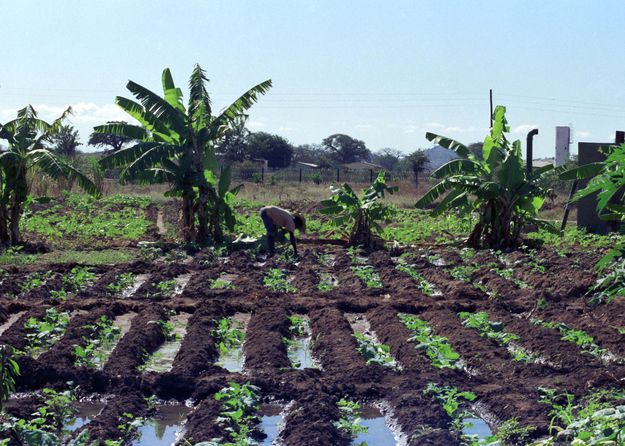
Lusa (File photo)
A multidisciplinary task team from the Food and Agriculture Organization of the United Nations (FAO), in support of the 2030 Sustainable Development Agenda, has been considering Mozambique’s agricultural policies, access to inputs and farmers’ commitment to a successful “agrarian revolution”.
According to Ruhiza Boroto, regional representative of FAO and head of the Mozambique mission, “We need to increase production, and identify the areas and increases in yield per hectare”.
Speaking at the end of a visit on Tuesday to land cultivated by organisation projects in Manica, central Mozambique, Boroto said that for “a sustainable agricultural revolution”, in addition to good state agrarian policies, farmers need to have access to certified seed and be committed to increasing production yields.
Boroto stressed that “it is not enough to help the country achieve a standard per-hectare income for regional competitiveness under the 2030 agenda”, arguing that success must be complemented by access to quality inputs and reducing post-harvest losses.
It was still necessary, Boroto said, to help each farmer “produce enough to eat, sell and achieve self-sufficiency”.
Castro Camarada, FAO representative in Mozambique, said that the mission was in the country at the request of the government, and said several initiatives would be developed under the 2030 Agenda to make agriculture, fisheries and forests sustainable.
Evaluating FAO intervention in the country as positive, Castro Camarada commented on the persistent political-military conflict between the government and the country’s main opposition party, which is affecting several organisation projects in the central region of the country.
“The political-military tension does not help, especially here in the central region, which is a focus for our activities. We would certainly like to see the zone more clear and we are hopeful,” Castro Camarada said, adding that the end of the conflict would give much more space for Agenda 2030 interventions.
The initiative, which covers 47 countries including Mozambique, aims to shape government development programs in a transformative way over the next 15 years. Mozambique was included this year in FAO Regional Initiative 2 (RI2) on sustainable intensification of production and value chain development.
The mission, consisting of experts from the organisation from Italy and regional and subregional offices in Accra and Harare, is expected to meet government and other cooperation partners on Thursday in Maputo to prepare a schedule of activities responding to the FAO’s technical assistance priorities.


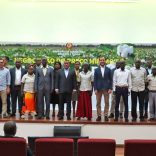
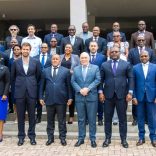

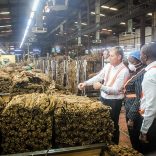

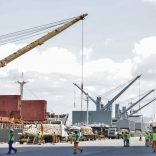





Leave a Reply
Be the First to Comment!
You must be logged in to post a comment.
You must be logged in to post a comment.